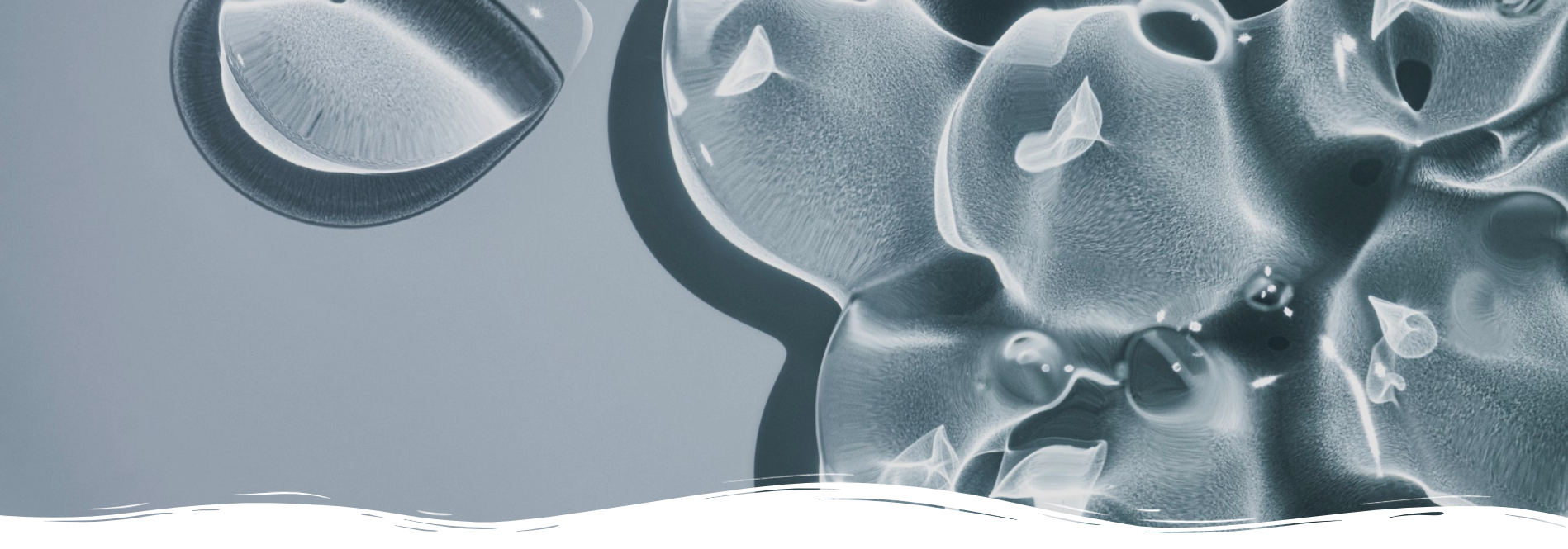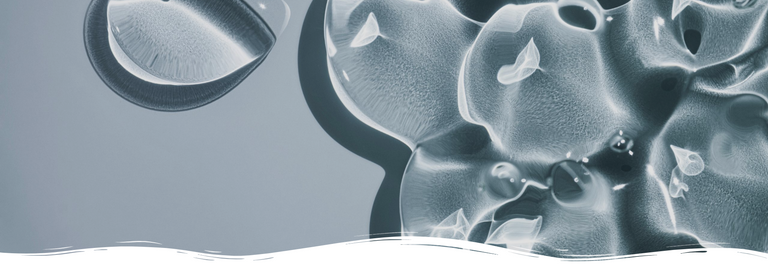THE DETAILS
Parabens & the endocrine system.
Parabens are endocrine-disruptive chemicals which are absorbed into the bloodstream and affect many of our body’s natural functions.
The endocrine system consists of glands that produce and release hormones which control important body functions like your heartbeat, bone and tissue growth, as well as your ability to reproduce. Endocrine disruption can lead to many health problems such as asthma, diabetes, heart disease, thyroid disease, sexual dysfunction, infertility, and numerous other hormone-related disorders, as well as breast cancer.
Parabens & children.
Babies and young children are especially susceptible to the effects of endocrine disruption. Exposure from a young age can result in greater disruption to their growth and development and lead to learning disabilities and growth disorders, in addition to the other health risks.
The endocrine system consists of glands that produce and release hormones which control important body functions like your heartbeat, bone and tissue growth, as well as your ability to reproduce. Endocrine disruption can lead to many health problems such as asthma, diabetes, heart disease, thyroid disease, sexual dysfunction, infertility, and numerous other hormone-related disorders, as well as breast cancer.
Parabens & pregnancy.
According to Dr. Michele Brown — a Connecticut Obstetrician and Gynaecologist — women should be concerned about the estrogenic activity of parabens. Parabens prevent the breakdown of estrogen, she says. “The placenta makes a lot of estrogen. Here, you’re applying products that also have estrogen in them.”
Brown is especially troubled by the lack of knowledge regarding how parabens and other chemicals affect the developing fetus. “There’s no aisle in the pharmacy where pregnant women can go and say, ‘Aha, this is safe and effective for both myself and my child.’”
The endocrine system consists of glands that produce and release hormones which control important body functions like your heartbeat, bone and tissue growth, as well as your ability to reproduce. Endocrine disruption can lead to many health problems such as asthma, diabetes, heart disease, thyroid disease, sexual dysfunction, infertility, and numerous other hormone-related disorders, as well as breast cancer.



